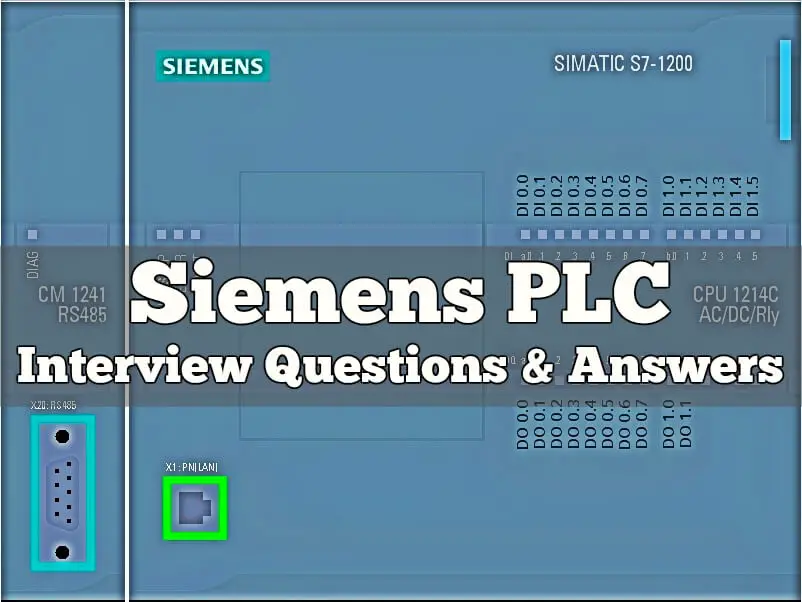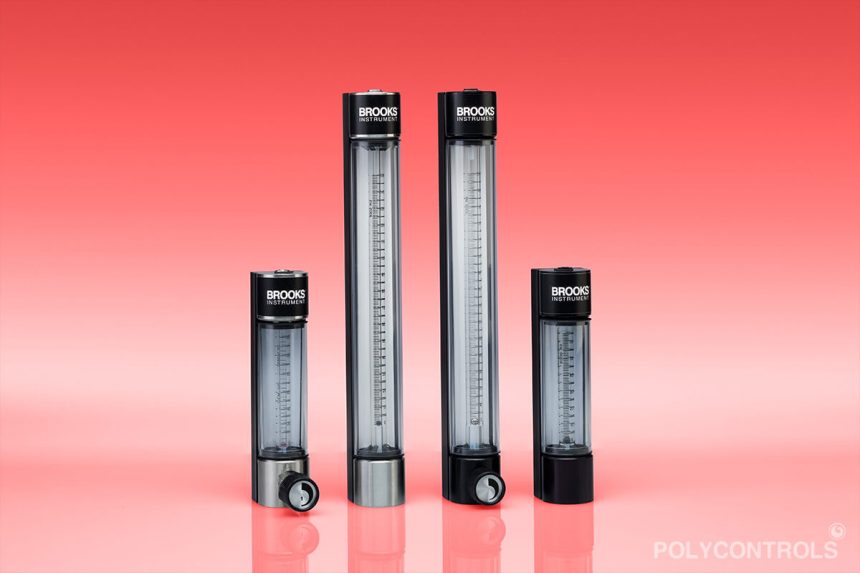Thermo Electric Transducers Objective Questions
Instrumentation Tools assists you with a complete guide of objective questions which mainly targets the aspirants of Electrical, Electronics and Instrumentation engineering Streams to crack the competitive exams and to…
Siemens PLC Interview Questions and Answers
Siemens PLC Interview Questions and Answers : This article covers industrial automation interview questions and answers. Also includes Siemens PLC Questions
Inductive Transducers Objective Questions
Instrumentation Tools assists you with a complete guide of objective questions which mainly targets the aspirants of Electrical, Electronics and Instrumentation engineering Streams to crack the competitive exams and to…
Allen Bradley PLC Interview Questions and Answers
Allen Bradley PLC Interview Questions : This article covers Allen Bradley PLC programming interview questions and answers. Visit InstrumentationTools.
Capacitive Transducers Objective Questions
Instrumentation Tools assists you with a complete guide of objective questions which mainly targets the aspirants of Electrical, Electronics and Instrumentation engineering Streams to crack the competitive exams and to…
Resistive Transducers Objective Questions
Instrumentation Tools assists you with a complete guide of objective questions which mainly targets the aspirants of Electrical, Electronics and Instrumentation engineering Streams to crack the competitive exams and to…
Level Measurement Objective Questions
Instrumentation Tools assists you with a complete guide of objective questions which mainly targets the aspirants of Electrical, Electronics and Instrumentation engineering Streams to crack the competitive exams and to…
Gyroscope Objective Questions
Instrumentation Tools assists you with a complete guide of objective questions which mainly targets the aspirants of Electrical, Electronics and Instrumentation engineering Streams to crack the competitive exams and to…
How to Select a Rotameter? – Parameters and Applications
Rotameter has a tapered tube with a float inside. As the measured fluid flows & pushes the float upward along the length of the tube. Rotameter Selection?
Density Measurement Objective Questions
Instrumentation Tools assists you with a complete guide of objective questions which mainly targets the aspirants of Electrical, Electronics and Instrumentation engineering Streams to crack the competitive exams and to…










